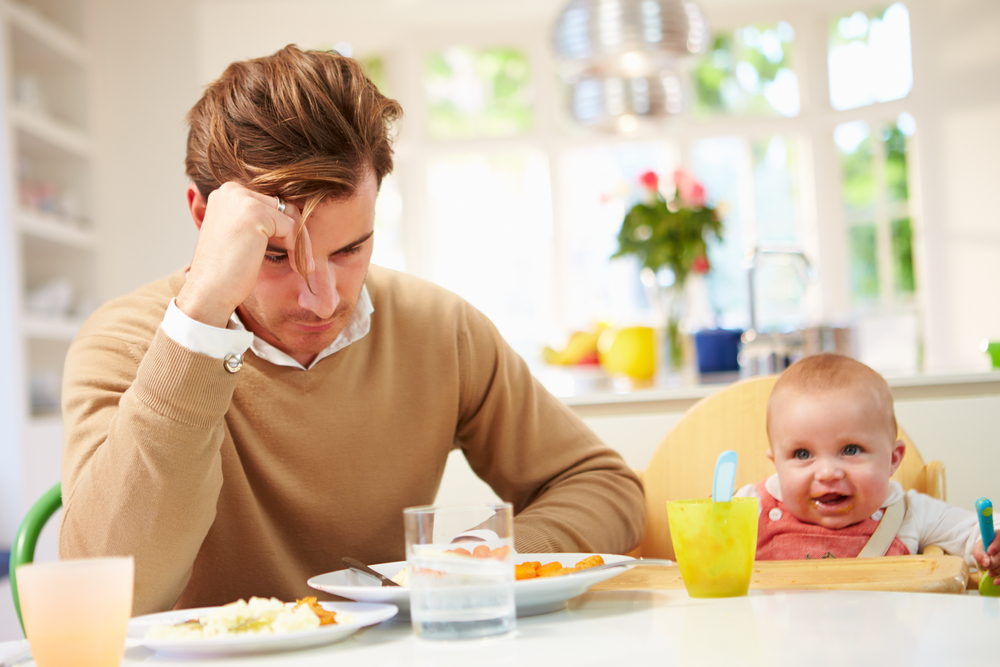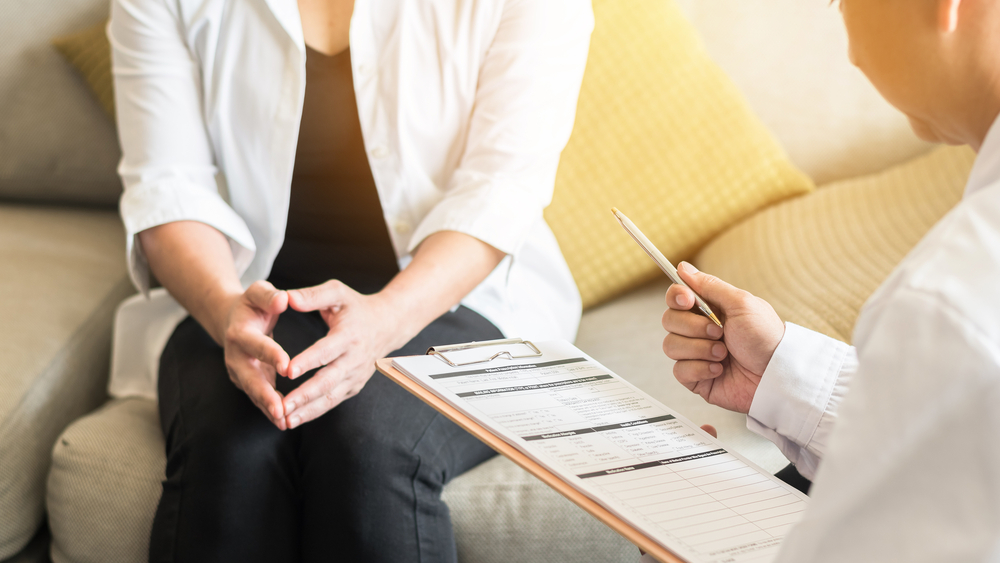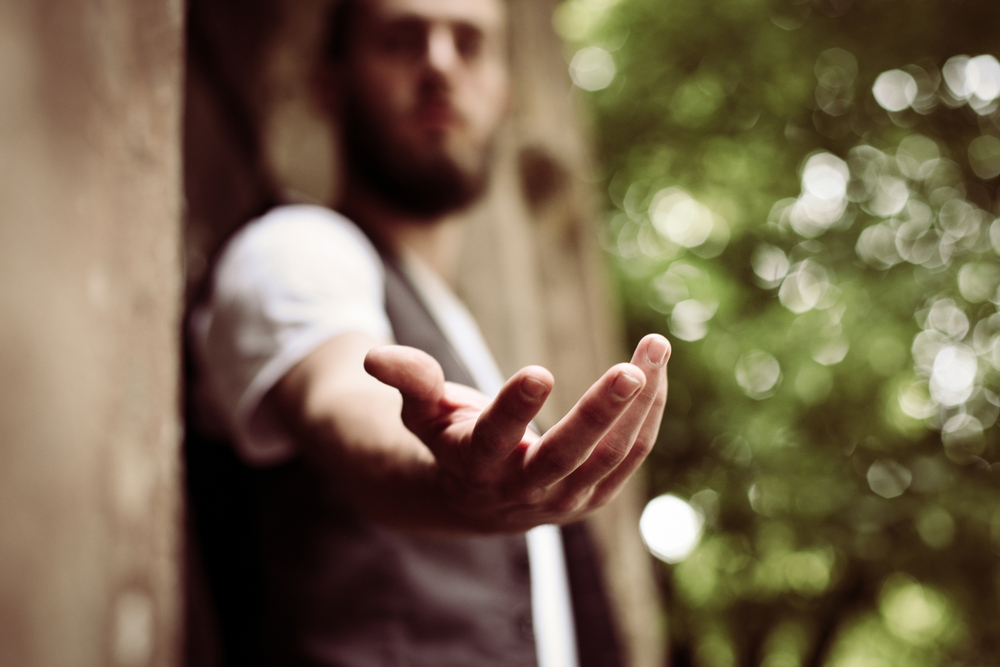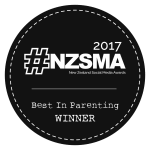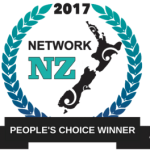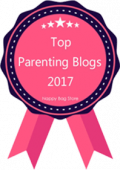I’ve seen it said more and more frequently online … “the Dad just needs to harden up“.
or “Dad’s can’t get Post-Natal Depression – only Mothers can“; or “it’s a women’s hormones that are out of whack, men can’t get it“; or even “it’s POST NATAL which means it’s only for women“.
For starters, you’re wrong. Men CAN and DO get post-natal depression.
In fact, 1 in 10 men, who are Fathers, suffer from post-natal depression.
The definition of “post-natal” is “relating to or denoting the period after childbirth“. This does not mean woman OR man; simply a period in time.
Depression is sometimes triggered by emotional and stressful events – and having a baby can definitely be both of those. The increased pressures of fatherhood, more financial responsibility, changes in relationships and lifestyle, combined with a lack of sleep and an increased workload at home, may all affect a new dad’s mental wellbeing. Concern about their partner is another worry for new fathers.
You can read more about Fathers and Depression HERE on the pada.nz website.
Just because the man didn’t birth the child, does not mean becoming a parent is any less traumatic, or overwhelming.
The same stigma surrounding post-natal depression for women, is there for men. In some instances it’s worse for men because most people assume (incorrectly) that men can’t get PND.
My biggest piece of advice for ANY parent who is really struggling, is to talk about it. Talk to anyone you feel comfortable with, and if you feel you can take the step, definitely chat to your GP.
————————————
COMMON SYMPTOMS IN FATHERS
Post-Natal depression symptoms in Fathers can be very similar to those experienced by Mums who experience depression:
- Feeling very low, or despondent, that life is a long, grey tunnel, and that there is no hope. Feeling tired and very lethargic, or even quite numb. Not wanting to do anything or take an interest in the outside world.
- Feeling a sense of inadequacy or unable to cope.
- Feeling guilty about not coping, or about not loving their baby enough.
- Being unusually irritable, which makes the guilt worse.
- Wanting to cry/crying a lot or even constantly.
- Having obsessive and irrational thoughts which can be very scary.
- Loss of appetite, which may go with feeling hungry all the time, but being unable to eat.
- Comfort eating.
- Having difficulty sleeping: either not getting to sleep, waking early, or having vivid nightmares.
- Being hostile or indifferent to their partner and/or baby.
- Having panic attacks, which strike at any time, causing a rapid heartbeat, sweaty palms and feelings of sickness or faintness.
- Having an overpowering anxiety, often about things that wouldn’t normally bother them, such as being alone in the house.
- Having difficulty in concentrating or making decisions.
- Experiencing physical symptoms, such as headaches.
- Having obsessive fears about baby’s health or wellbeing, or about themselves and other members of the family.
- Having disturbing thoughts about harming themselves or their baby.
- Having thoughts about death.
————————————
WHERE TO GET HELP
YOUR LOCAL GP
Talk to your local GP. I found my local GP to be absolutely amazing and he asked me a specific list of questions which determined where I sat on the depression scale – this will be the same for a Father. We then discussed the different options of dealing with my PND, and what it meant for myself and my family. It was not a forgone conclusion that I would go on medication – that was ultimately my decision.
PLUNKET NURSE OR MIDWIFE
If you feel like you can chat to your Plunket Nurse or Midwife, then I suggest you do so. Often they are a wealth of knowledge and worth chatting to.
MENTAL HEALTH FOUNDATION
The Mental Health Foundation website is a great source of information for EVERYONE with concerns. They help to spread mental health awareness.
GREAT FATHERS
Great Fathers is a website with a huge amount of information for new Dads.
FATHER & CHILD
Father & Child is a great website with a huge amount of resources for Fathers.
PADA
The Perinatal Anxiety Depression Aotearoa organisation is a wonderful website full of information designed to eliminate the stigma surrounding depression and mental health.
————————————
IF YOU NEED HELP OF ANY KIND:
- Lifeline (open 24/7) – 0800 543 354
- Depression Helpline (open 24/7) – 0800 111 757
- Healthline (open 24/7) – 0800 611 116
- Samaritans (open 24/7) – 0800 726 666
- Suicide Crisis Helpline (open 24/7) – 0508 828 865 (0508 TAUTOKO). This is a service for people who may be thinking about suicide, or those who are concerned about family or friends.
- Youthline (open 24/7) – 0800 376 633. You can also text 234 for free between 8am and midnight, or email talk@youthline.co.nz
- 0800 WHATSUP children’s helpline – phone 0800 9428 787 between 1pm and 10pm on weekdays and from 3pm to 10pm on weekends. Online chat is available from 7pm to 10pm every day at www.whatsup.co.nz.
- Kidsline (open 24/7) – 0800 543 754. This service is for children aged 5 to 18. Those who ring between 4pm and 9pm on weekdays will speak to a Kidsline buddy. These are specially trained teenage telephone counsellors.
- Your local Rural Support Trust – 0800 787 254 (0800 RURAL HELP)
- Alcohol Drug Helpline (open 24/7) – 0800 787 797. You can also text 8691 for free.
- For further information, contact the Mental Health Foundation’s free Resource and Information Service (09 623 4812).
—————


